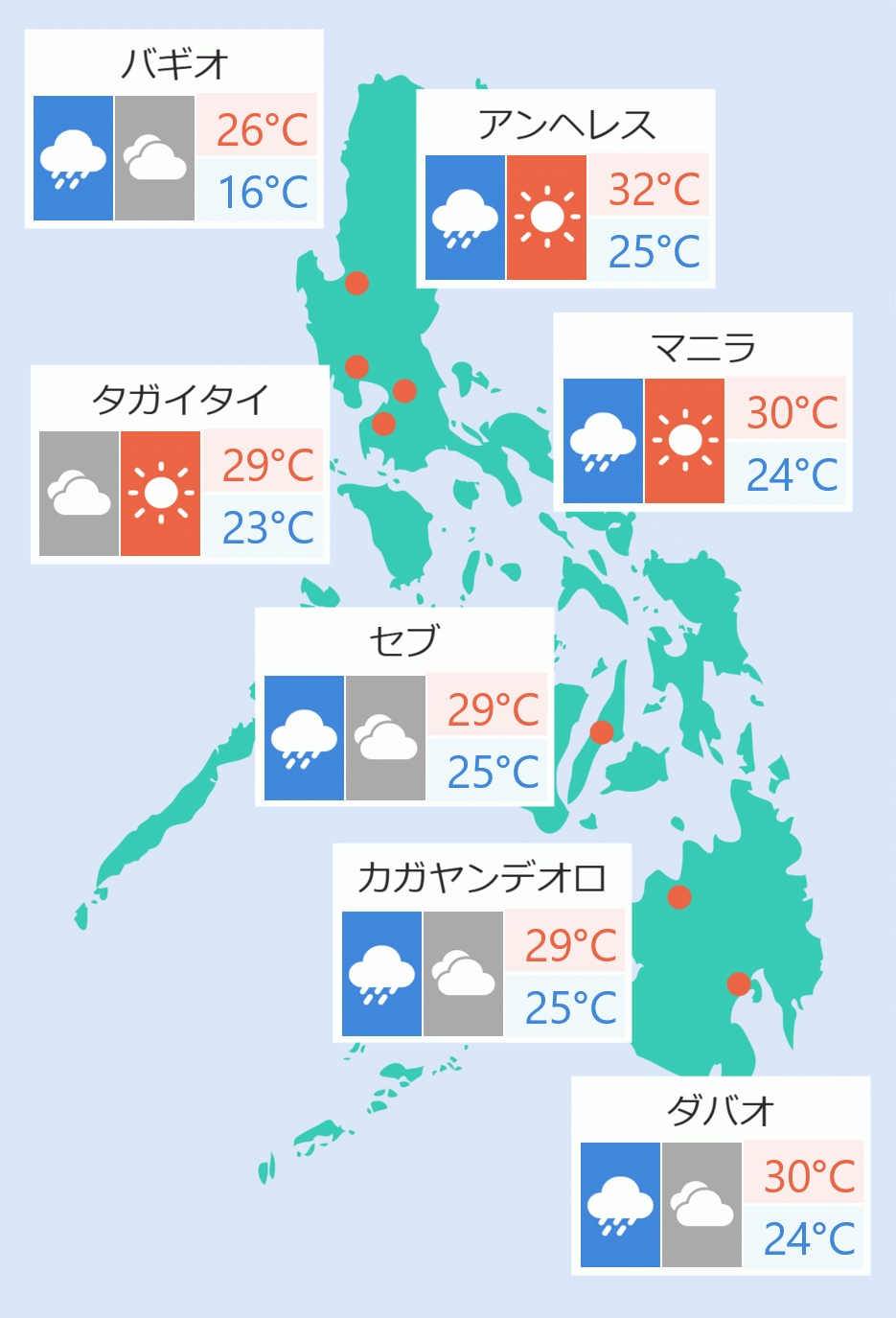President Ferdinand Marcos Jr. signed into law the P6.326 trillion national budget for 2025 on Monday, ten days after he deferred approving the version of the bicameral conference committee.
The signing of the General Appropriations Act (GAA) for Fiscal Year (FY) 2025 that was attended by lawmakers, government officials and diplomats was held at Malacanang Palace.
Marcos ordered a thorough review of the bicameral conference committee's submitted bill after he noticed insertions in the 2024 budget. There was also public outcry over a higher outlay for public works than education, which ran counter to the Constitution.
After an exhaustive review, Marcos directly vetoed over P194 billion worth of the line items not consistent with programmed priorities of the government.
"These include allocations for certain programs and projects of the Department of Public Works and Highways (DPWH), and those under the Unprogrammed Appropriations, which increased by 300 percent," he said. Unprogrammed appropriations reached P168 billion.
In a Palace briefing following the signing of 2025 GAA, Budget and Management Secretary Amenah Pangandaman confirmed that among the line items directly vetoed include "roughly, P26 billion" under the DPWH.
Pangandaman said the education sector received the highest fund allocation in the 2025 GAA with P1.0055 trillion followed by public works at P1.007.9 trillion.
The defense sector was third highest with P315.1 billion. The Armed Forces of the Philippines Modernization Budget was reduced by P15 billion to P35 billion.
Public Works Secretary Manuel Bonoan, explained that "many of the projects that have been vetoed are actually some of the projects that we considered that are not totally supportive to the eight-point socio-economic agenda of the government of this administration."
"I think many of these projects are projects that need to be scrutinized and ready for implementation. These are some of the projects that are not ready for implementation at this point in time. So, these are projects that we have actually deferred," he added.
Marcos said the government will "also pursue conditional implementation on certain items to ensure that the people’s funds are utilized in accordance with their authorized and stated purpose."
"Specifically, to ensure that government assistance is not merely a provisional solution to a persistent issue, we are compelled to subject the implementation of the Ayuda sa Kapos ang Kita Program or AKAP to the convergence efforts of the DSWD, DOLE, and NEDA," he said.
Pangandaman said aside from AKAP there are a total of 12 programs under the conditional implementation and it includes Payapa at Masaganang Pamayanan Program (PAMANA) of DSWD OSEC (Office of the Secretary); definition on basic infrastructure program of DPWH OSEC; release of payment of retirement benefits and pensions of the Office of the Ombudsman; Special Provision # 7 on maintenance and other operating expenses of the Supreme Court of the Philippine and the lower courts; calamity fund for the National Disaster Risk Reduction; DOF and BOC rewards and incentive fund; and Special Provision # 6, the availability of appropriations and cash allocations of the Congress of the Philippines
No subsidy was given to the Philippine Health Insurance Corp. as the state insurer, according to Finance Secretary Ralph Recto, has ''adequate resources''.
Recto said Philhealth has ''a surplus of a 150 billion (pesos), the last time I looked at it.'' ''They have investments of more than P400 plus billion. They will earn P200 billion in 2025. They will spend 150 billion (pesos) so their surplus will have an additional 50 billion (pesos),'' he said.
Marcos noted that "in the exercise of our budget execution function and our duty to ensure prudent fiscal management, we ensure that all increases in appropriations and new budgetary items shall now be subject to cash programming; applicable budget execution rules; and vetting and approval of the concerned offices".
"This way we guarantee that these programs and projects are implementable and will redound to the benefit of our people," he added.
Recto said P4.64 trillion of the P6.326 trillion budget will be supported by revenues, while P1.68 trillion will be funded through borrowings. Robina Asido/DMS



 日本語
日本語
 English
English








